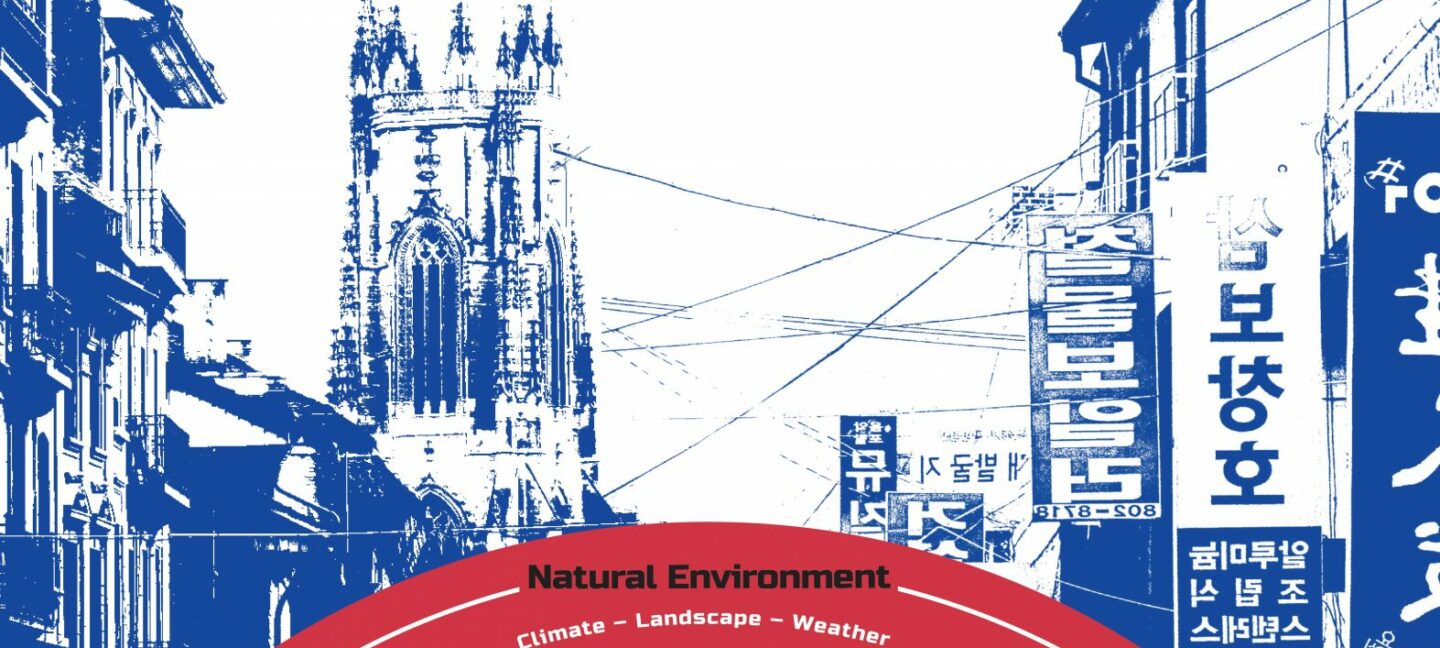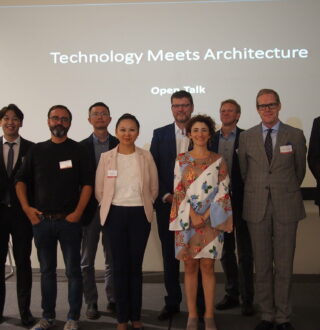
Architecture for Human Environment with Smart Technologies
"ARC-HEST: Architecture for Human Environment with Smart Technologies" and other Architecture-related events
Context
Attention to human comfort and performance in the indoor built environment is growing worldwide due to the increased number of hours spent indoors and the space limitation in highly populated cities. The lack of comfort in the working space is strongly linked to health, performance, and efficiency of the occupants. It is well known that South Korea, particularly Seoul, has extremely dense population and high amount of office employees working extensive hours. Oppositely, Switzerland is a country with a lower population, and it pays significant attention to the quality of life and balanve between professional and personal life. The extreme working environment and cultural differences, traditions, and challenges of south Korea and Switzerland is fertile to brainstorm around the inside built environment issues. Korean dynamism and high potential for innovative solutions, on the one hand, and Swiss quality and strong positions in the research, on the other hand, are important inspirational sources for enginees and architects in both countries.
Objectives
The strong traditions, wide use of advanced technologies and direction towards a sustainable society, that Switzerland and South Korea share, paves the way to the international cooperation between two countries to raise awareness about urbanism and related social issues and facilitate solutions inspired by different cultures and sociology and psychology, this Academic Program in the form of Exchange Schools aims to comprehensively study the working environment in each country in conjunction with the local culture and architecture.
Participants
The Swiss academic team is comprised of educators from three Swiss institutions such as Ecole Polytechnique Federale de Lausanne (EPFL), Haute ecole d’ingenierie et d’architecture de Fribourg (HEIA-FR), and University of Fribourd (UniFR). These institutions collaborate under the Smart Living Lab umbrella which is an interdisciplinary research platform that brings together researchers focusing on various aspects of the built environment aiming to address the challenges of future buildings collectively. The partnering three Korean institutions are EWHA Womans University, Hanyang University, and SungKyunKwan University (SKKU) that are well known in the filed o r architecture, architecture engineering reserach and education in South Korean and beyong. The Korean and Swiss academic educators are strongly supported by the Science and Technology Offfice of the Embassy of Switzerland in Seoul and the Smart Living Lab.
Focus
The program will focus on the synergy of architectural design, human factors, and technologies in the office buildings and their combined effect on the indoor environmental quality (EQ) and interaction of the occupants with the building.
Academic Program
The
